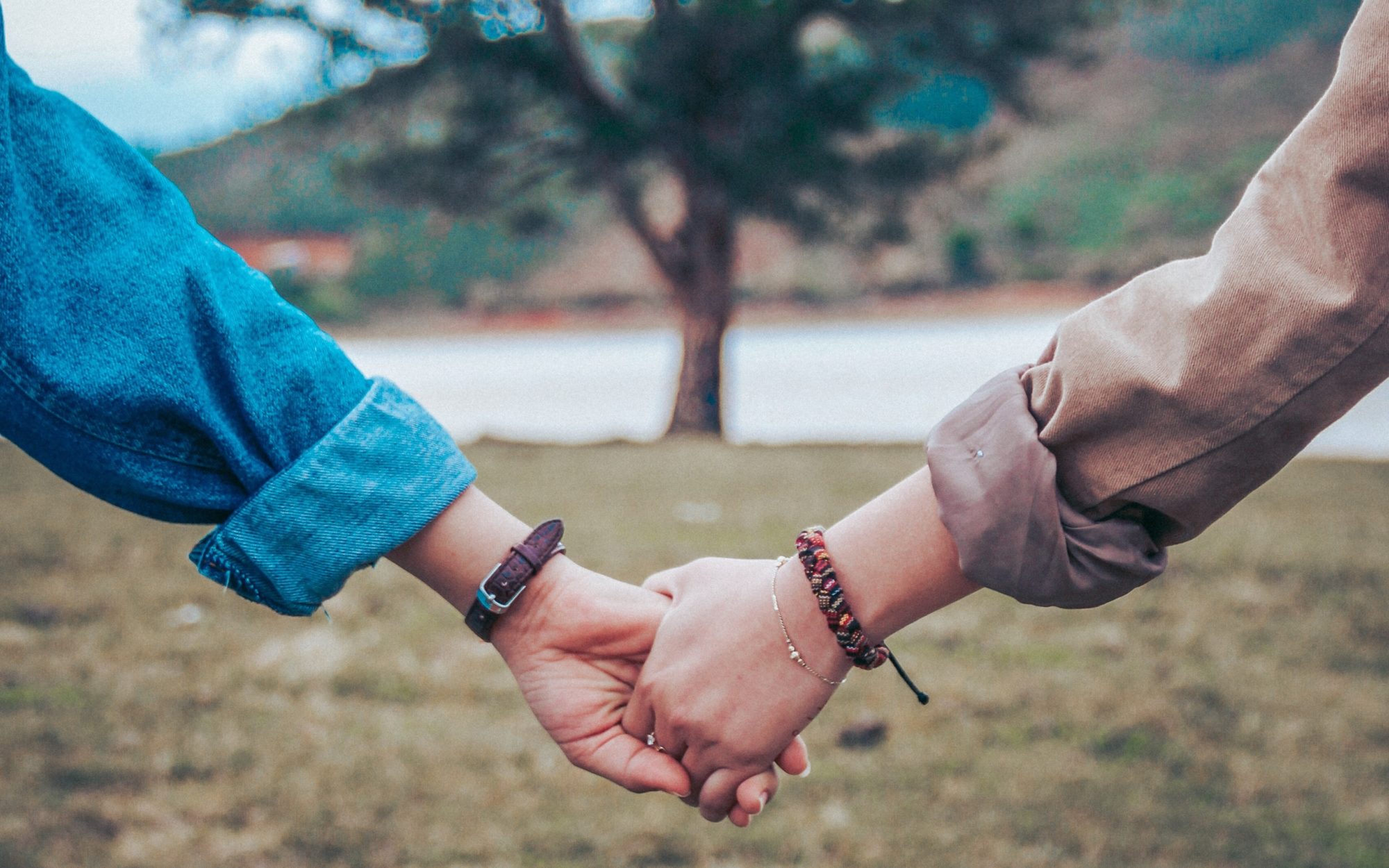We are social creatures. We live in close proximity with each other and spend the bulk of our time together. We also understand ourselves through our relationships with each other as mothers, fathers, sons, daughters, spouses, partners, siblings, aunts, uncles, cousins, friends, competitors, and colleagues.
All this socialising isn’t just for our enjoyment. To survive and flourish, we need each other. This is especially true at those times in our lives when we’re abjectly dependent. When we’re babies and young children we need close, caring relations to develop as human beings. When we become injured we need care to heal. When we age we need it to live well and eventually to face the great unknown of death. And, we need it to face other significant moments of life, such as giving birth and enduring grief.
Does being social in these fundamental ways give us distinctively social claims on each other? Do we have social rights? If so, what are they?
Many of the rights enumerated in international agreements such as the Universal Declaration of Human Rights tip their hat to our sociality. Our civil and political rights to vote, to get a fair trial, to be equal before the law, to seek asylum, to practise religion, and to have a nationality, as well as our rights against discrimination, slavery, and arbitrary arrest, detention, and exile, all implicitly acknowledge that we’re social beings who need to live in close harmony with each other.
The same nod to our sociality comes from many of our socio-economic rights, including the rights to education, to health, to marry, to raise a family, to have a standard of living adequate for the health and wellbeing of our families and ourselves, and to participate freely in the cultural life of our community.
Even so, in these enumerated rights there’s a presumption that our most basic social need is already met. There is no mention in documents like the UDHR of a basic social right to have minimally adequate access to decent human contact even though such access – such protection from social deprivation – is necessary for us to lead minimally decent lives.
Social deprivation is a common experience in solitary confinement, long-term medical quarantine, and isolated immigration detention. It’s also a common experience for those who are not locked up but who can’t access social contact without help, which is true of many elderly people and people with disabilities. And, it’s a common experience for those who live in brutal social conditions that deny them access to decent human contact.
It’s surprising that the right against social deprivation goes largely unnoticed since this right underpins many of the other human rights.
It’s surprising that the right against social deprivation goes largely unnoticed since this right underpins many of the other human rights. Exercising civil and political rights such as voting and socio-economic rights to food, security, and shelter takes cognitive and physical competence, and social deprivation threatens that competence. Like pain and fear, it generates the ‘fight or flight’ response. It’s linked to health risks such as obesity, the progression of Alzheimer’s disease, reduced independent living, alcoholism, depression, suicide, and mortality in older adults. And, in extreme cases like solitary confinement, it’s linked to depression, lethargy, hallucinations, self-mutilation, psychosis, and suicide.
With the meaningful exercise of many other rights riding on it, the right against social deprivation cannot be conditional on good behaviour. To deserve social deprivation, a person would have to act so badly that she forfeited not only that right but all the rights that depend on its protection. Unless we think someone is truly beyond the pale, irredeemable, we cannot view social deprivation as a justifiable punishment. Just as it would be indefensible to give a prisoner insufficient oxygen or dirty air to breathe, so too it is indefensible to deny someone access to decent human contact.
Of course, providing minimally adequate contact to some people will be very difficult. For contagious people and dangerous people, we may have to see whether mediated, virtual, or non-human contact could provide a psychologically adequate and morally acceptable substitute to direct, interpersonal human contact. If it could, this would alleviate some concerns about isolating people in the name of collective good, provided we do all we can to mitigate the effects of the isolation.
One problem with such a strategy is that it denies the isolated person the chance to offer her care and company to others. Being social isn’t just about receiving care; it’s equally about offering it.
Our sociability, then, is a fundamental, valuable part of who we are. Most of our human rights are social at heart, and they depend for their protection on our having minimally adequate access to decent human contact. The right against social deprivation is as fundamental as any other right we have. It deserves a more central place in our debates about human rights.


